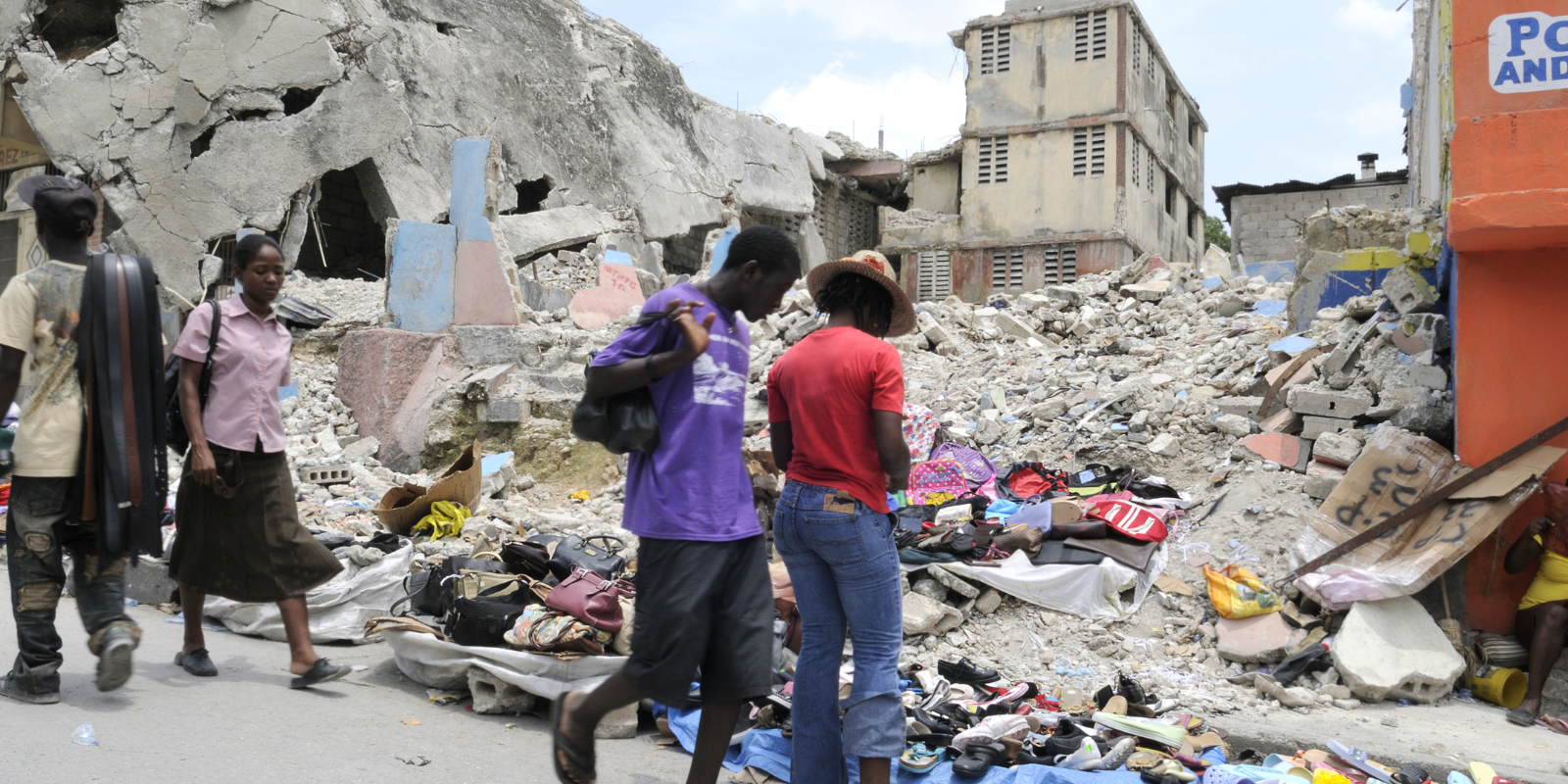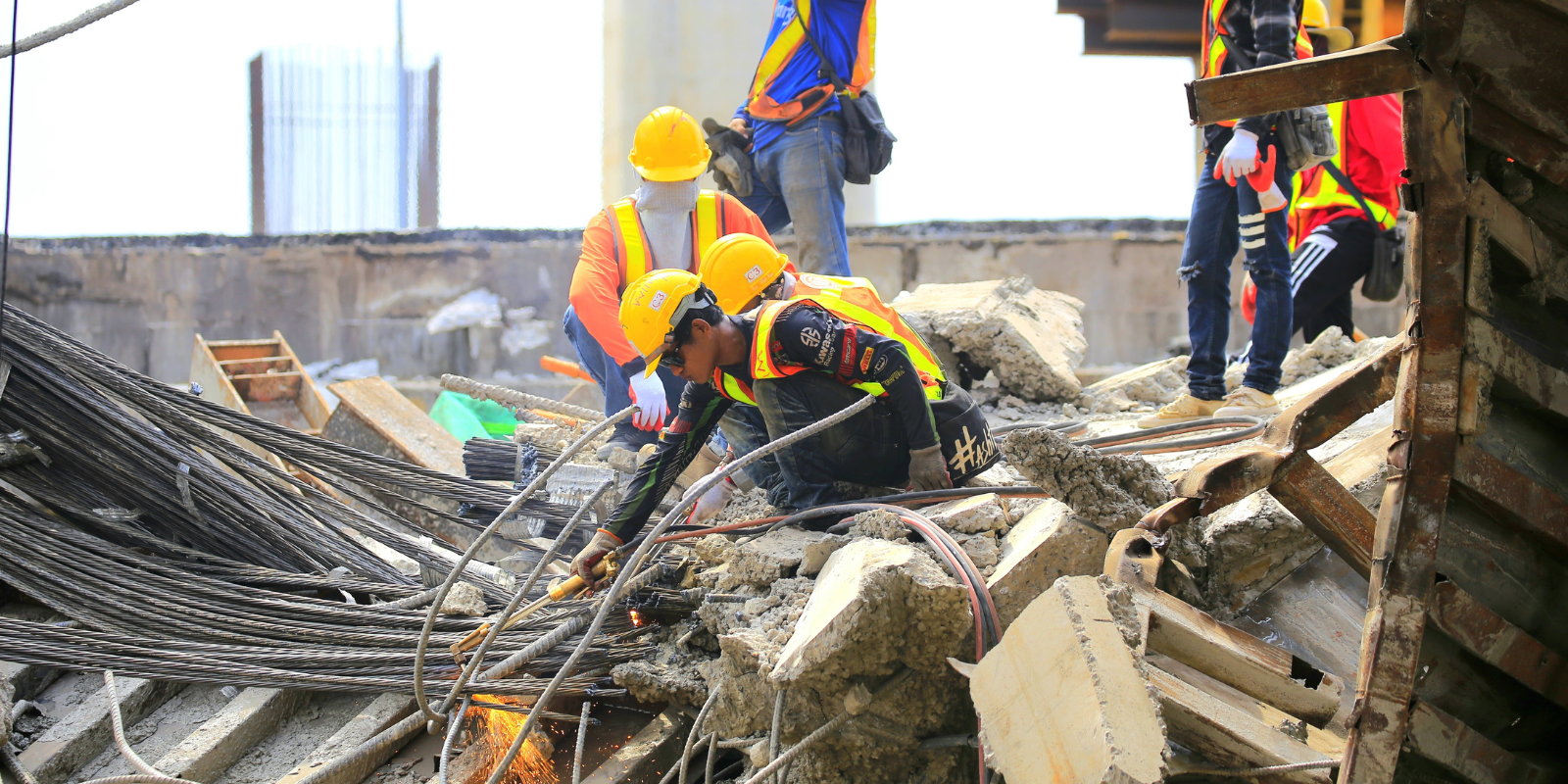Editor’s note: “Our COVID-19 Fighters” is an occasional series highlighting the ways the CU Anschutz Medical Campus community is helping patients and the wider community in the fight against the pandemic. We welcome your story ideas; please share them here.
In an effort to keep their campus safe, two women on the University of Colorado Anschutz Medical Campus joined forces in creating a program aimed at preventing COVID-19 outbreaks in their community. So far a success, the pair’s model has gained attention from campuses across the state.
Since June, staffers of the CU Anschutz Strategic Healthcare, Intervention, Enforcement, and Logistics Division (SHIELD) have worked every day, investigating potential COVID-19 cases.
Mostly notified by the university’s self-report forms or attestation surveys, the team examines cases and guides students, staff and faculty through the necessary steps that come with exposure or potential exposure to SARS-CoV-2.
“We have had no on-campus outbreaks but have identified two off-campus outbreaks and have assisted the public health agencies with those,” said Cody Coburn, RN, occupational health division manager with Environmental Health & Safety (EHS).
Contact Tracing Collaborative
CU Anschutz
CU Denver
CU Boulder
CU Colorado Springs
University of Denver
Metropolitan State University
Colorado State University
Western Colorado University
Johnson & Wales, Denver Campus
Adams State University
Trailhead Institute
An “outbreak” is defined as two or more linked positive cases, said Coburn, who created SHIELD with Olivia Zarella, a DrPH student in the Colorado School of Public Health (ColoradoSPH).
As of Aug. 11, the team had conducted 219 case investigations. So far, no infection has been found that originated on campus.
Answering the call to help
While its chief mission is to track cases and prevent transmission on campus, SHIELD also aids overburdened local and state health agencies and fulfills students’ desire to make a difference during the pandemic, Zarella said.
“As a public health student, it’s hard to sit back and watch this occur and not have the opportunity to put your skills to use and help your community,” she said.
Many players were involved in bringing the program to fruition, from Student Services to legal counsel, and it quickly gained leadership funding and approval, Zarella said.
SHIELD currently includes four ColoradoSPH students, three serving as case investigators and contact tracers, and one working as a resource coordinator. Two more funded positions will be filled as the number of people on campus grows from its current daily count of between 2,800 and 3,200 (not including hospital workers) as it gradually reopens.
Jan Gascoigne, PhD, associate vice chancellor for student affairs, said the pandemic has spotlighted the value of the campus’s well-trained medical professionals. “We are so fortunate to have our skilled students putting their academics into practice to support the health and safety of our campus community.”
Relieving public health burden
As the pandemic persists, contact tracing programs are gearing up at agencies across the state. A basic public health tool used for years in controlling outbreaks, contact tracing can help slow infectious disease spread. But COVID-19, which has infected more than 20 million people worldwide and 5 million nationally, has created an unprecedented scope.
“This goes beyond anything that public health has done contract tracing for in the past, and the number of contract tracers needed is huge,” said Lisa Miller, MD, MSPH, associate dean for public health practice and professor of epidemiology at the ColoradoSPH,
Zarella and Coburn created the SHIELD program plan with Miller’s guidance, ensuring compliance with national and local public health recommendations and fostering partnerships with public health organizations.
.jpg?width=8256&name=ContactTrace0392(1900).jpg)
Visitors undergo temperature checks before accessing buildings as part of a check-in process aimed at keeping COVID-19 off of campus.
“Having universities able to do some of this work on their campuses helps take some of the burden off of local public health agencies,” said Miller, a former Colorado state epidemiologist.
A central component of any campus contact tracing program is collaboration with other programs and agencies, Miller said, noting SHIELD’s strong working relationship with the Tri-County Health Department. “This doesn’t work unless you do have the buy-in of your local health department.”
To help the state further, Miller and Zarella led the formation of the University/College Contact Tracing Collaborative on behalf of the ColoradoSPH. So far, 10 campuses, including all three CU Anschutz sister campuses, have joined the collaborative to build their own programs, using the SHIELD model as guidance.
Making contact tracing work
With SHIELD, confirmed or suspected COVID-19 campus case information is sent to Coburn and Zarella, who review and assign cases as needed to an investigator. Investigators must contact the person within 24 hours.
All identifying information is strictly protected, with the intent solely on educating people on how to break the transmission chain and keep the campus open.
If contact tracing is necessary, meaning identifying and contacting infected people’s close contacts (people they spent more than 15 minutes with inside of 6 feet), the person’s name is not shared with those contacts.
“As a health science community, we understand that getting a quick handle on potential cases and sharing the information so we can keep everyone safe is of utmost importance,” Gascoigne said. “And we appreciate the commitment of our campus community to look out for everyone’s well-being,” she said, noting that means everything from self-reporting and doing check-ins to wearing masks and practicing social distancing.
Investigators say most people are grateful for the calls and are often impressed by how quickly they were contacted.
“Sometimes, it’s even within a couple hours of their submitting the form,” said Nora Cleary, a SHIELD investigator and MPH candidate in Epidemiology and Global Health.
“They definitely appreciate having the information from a reliable source,” Cleary said, noting that constantly evolving COVID-19 recommendations can be confusing.
Coburn and Zarella suspect the health-education focus of the campus and other safety measures, such as required check-ins, has helped with the success of their program.
.jpg?width=8256&name=ContactTracing0535(1900).jpg)
A contact tracing program combined with the CU Anschutz check-in protocol works to keep the campus safe during the pandemic.
“The QR codes and other things that we have in place are capturing most of these people before they even come to campus,” Coburn said, adding that many people, especially in the medical campus community, understand the importance of self-reporting and quarantining.
Taking care of each other
In people experiencing COVID-19-like symptoms, Coburn can arrange testing after they submit a self-report form and hear isolation procedures. If it turns out someone was on campus during a possible infectious period, investigators immediately notify Facilities Management, which promptly disinfects all areas the person visited. “Facilities has been amazing” Zarella said.
Investigators ask whether the people contacted have everything they need, from thermometers and internet access to private rooms and grocery supplies. If they find a need, the investigators connect the person with the resource coordinator, who can offer information on resources in the person’s area and some supplies (such as gloves and sanitizers).
“Most of the time, people don’t need anything from us, but they are happy that we’re calling and asking them if they are okay,” Zarella said. “Typically, people we talk to are thankful that we have reached out and provided guidance during such a difficult period.”
Zarella and Coburn said the support from everyone, from leadership to peers, has been “amazing,” and that if the campus continues to stick together, it can stay together.
“This is not something that is going to go away until we have a vaccine,” she said of the pandemic. “SHIELD is important so that we can all return to campus and, somewhat, to our old lives. I know I want to get back to school.” #CUAnschutzTogether
Photo at top: Cody Coburn, front, and Olivia Zarella created a contact tracing program for the CU Anschutz Medical Campus.



